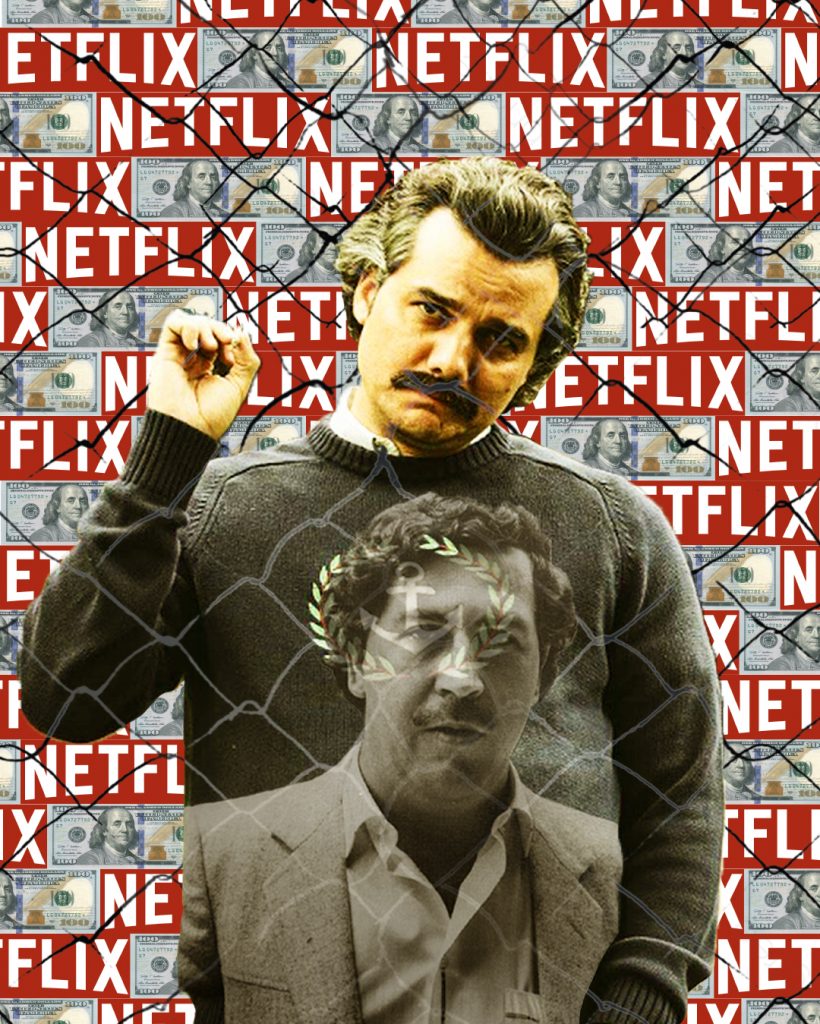Don’t love the devil, unless he’s on screen: the glorification of villains
In this streamable time of movies, it’s easy to get bored. And we busy 21st-century people do not like to be bored. Perhaps that is why, in recent years, we have seen a shift in the Hollywood point of view. The good protagonists are still here (what with the Marvel Cinematic Universe and their horde of heroes), but villain and anti-hero movies are on the rise now. A simple scroll through your Netflix homepage or a look at the list of top box office movies can tell you that. Some prime examples in 2019: “The Irishman,” “Catch-22,” and “Joker.” Even antagonists in superhero movies nowadays sound move valid and less dominate-the-world-ahahaha, such as Screenslaver in “Incredibles 2” or Mysterio in “Spider-man: Far from Home.”
“There’s a long tradition in pop culture of audiences embracing antiheroes and, in many cases, outright villains,” said Andrew Farago, curator of the Cartoon Art museum in san Francisco in an interview with The Washington Post.
In the present turbulent and hyper-aware social climate, it seems like morally ambiguous and thematically provocative titles are even trendier than before. Even simple, anti-traditional rewrites such as “Maleficent” that turn stories on their heads and offer sympathy to the well-known villain prove to be very successful. And we get it. Bad guys are alluring. They stir the imagination. We want to know just how and why they are bad, what had society done to them that made them that way. No more Voldemort-type antagonists that were born evil. This is a new age of two-sided stories where villains and anti-heroes, rather than represent the menace of society, represent its byproduct.
But precisely because they are provocative and ambiguous, these types of movies need to be executed with care. We all remember the spat over “Joker” where one side of viewers and critics proclaimed it “Movie of the Year” while the other side accused it of endorsing violence. It feels like sometimes people forget that in order to make a villain your protagonist, your movie would have to tolerate and condone the villain to a certain degree. Take the famous “The Wolf of Wall Street” for example: Jordan Belfort is a horrible person who the audience loves and wants to see succeed. However, the way that the movie portrays his life recognized and didn’t glorify its problems. This is the trick that many villain movies seem to miss. Recognize the villain. Sympathize with them. But don’t glorify them.
This becomes even more problematic when it comes to historical pieces and real-life villains, especially those from the near past. Alejandro Bastidas, a SCAD writing student, in one Medium article, criticizes how the Netflix show “Narcos” romanticizes Colombian drug lord Pablo Escobar, painting him as a “Robin Hood” and ignores his victims.
“Is it good television? Certainly. Is it responsible television? Not in the slightest,” writes Bastidas. “For just one second, think of a streaming network releasing a show titled ‘Bin Laden,’ and glorifying the terrorist on every episode. […] Would that be accepted by society?”

Drug lords, terrorists, dictators, criminals and gangsters are impressive characters. They exude a sense of paralleled power that we meek, couch-lounging viewers find captivating. We enjoy the thrill of second-hand violence, so much so that studios are willing to give us the worst of the worst even if it means distorting history and, effectively, insulting the victims, while under the protective cover of “artistic liberty.” The question to be raised here is does art have a moral responsibility to society?
I say yes. Things fulfilling their moral responsibility to others is how we as a society have not descended into chaos. It is why children are taught at school what is right and what is wrong, why the justice system is constantly changing for fairer punishment. Order is fragile, and the moment we are taught to ignore, accept, or covet the bad, the order will corrode.
With that in mind, I think it’s fair to say this:
Dear studios—please keep making villain movies. They’re fun and spark great Twitter threads. But if the art of cinema and its place in our civilization means anything to you, perhaps consider NOT chasing sensationalism and think when you dissect a villain. Do you really want to condone people history hasn’t yet forgiven?






















